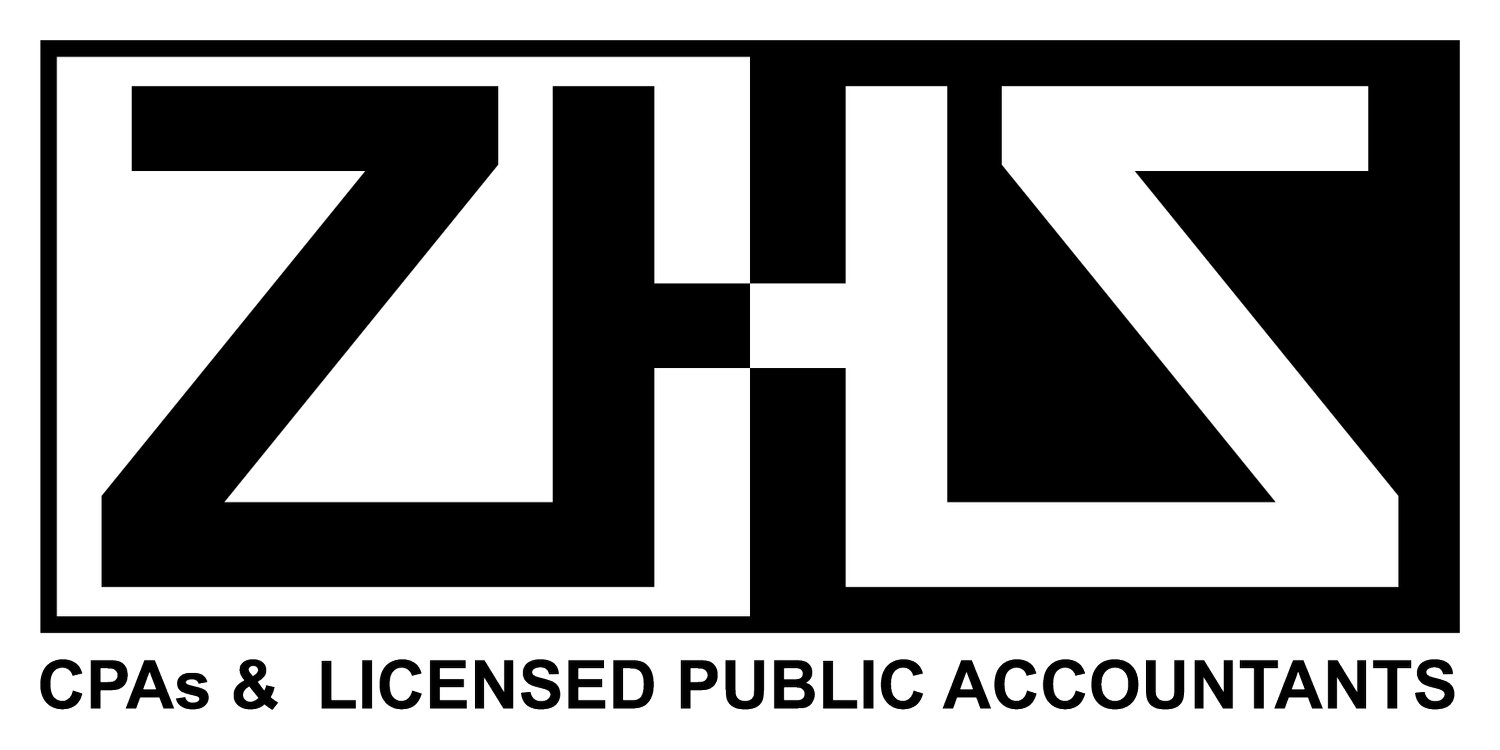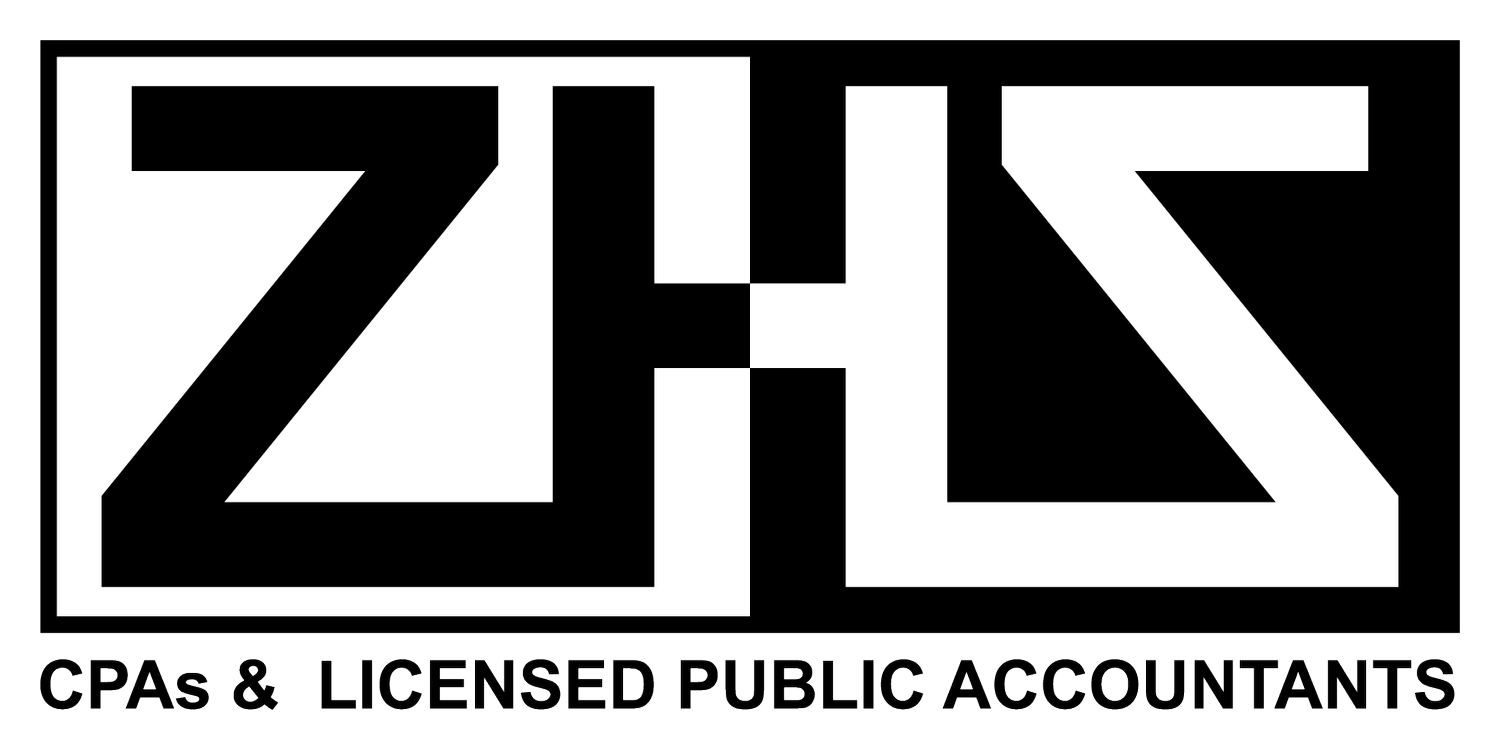Canadian Tax Alerts 2024: Important Changes that Will Affect Your Business Returns
Keeping up with the tax compliance landscape is challenging. It does not only involve paying the latest tax rates but documentation and other compliance requirements as well. Here are a few major tax alerts from the Canada Revenue Authority (CRA) and the Canadian government authorities that can affect your business and personal tax returns in 2024.
TFSAs - How to Maximize Your Investment Returns
The tax-free savings account (TFSA) lets you park your hard-earned money and earn interest tax-free. Any contributions to the account and withdrawals are not subject to taxes, at any time. If you are a Canadian resident of age 18 with a valid social insurance number (SIN), you can open a TFSA with most banks, credit unions, and insurance companies. You can contribute a maximum of $7,000 for the year 2024.
Canada Tax Changes that Will Come into Effect in 2024
Some important tax rule changes will take place in 2024 that may affect you as an employee or an employer. The amount you owe in taxes will directly change as a result of these changes.
Let’s dive in to know these key changes.
Canadian Tax Season 2024 - Tax Credits, Rates, Due Dates, and When to File Your Returns
Know key dates, tax brackets, and important changes to keep your taxes on track. We have got you covered with all the information you need as the tax season 2024 begins. First, you should know the tax brackets and your tax liabilities to the Canadian Revenue Authority (CRA).
10 Warning Signs Your Business is Headed for Bankruptcy
Insolvency is the biggest challenge because businesses eventually fall into liquidation. Businesses may file for voluntary or compulsory insolvency, depending on several factors. Bankruptcy is a legal course of action that a business goes through. But no business falls into insolvency in a day or short period.
Navigating Polycrisis - Strategies for Effective Risk Management
When a cluster of economic and global risks interconnect in a way that they create a far greater threat than they would in isolation, we term it a polycrisis. Business leaders need to stay agile, innovative, and dynamically flexible in their thinking to combat these multi-faceted risks.
Tax Technology Trends in 2023 and Beyond
The rapidly evolving accounting and taxation industry is adapting to new technology trends but you need to be proactive to stay ahead of the competition. The recent advent of generative artificial intelligence (AI) tools needs a robust response from the tax function as well. The complexity of the tax function combined with the adoption of the latest tech trends means tax professionals are becoming strategic partners.
Business Process Outsourcing versus Knowledge Process Outsourcing - Which One You Should Choose?
Outsourcing is a common theme for many businesses in all industries and sectors. You can outsource a common task or business strategy to a specialized firm. Both business and knowledge process outsourcing are often considered the same but they are different.
Top 5 Accounting Trends in 2023 and Beyond
Innovative technologies, developing economic models, newer business opportunities, and a rapidly changing regulatory environment mean the accounting industry is witnessing several established trends right now. Here are the top 5 accounting trends that have all become certainties and will continue to dominate the accounting industry in the coming years.
What is Bill C-47 and What Does it Mean for Your Business?
Bill C-47 became a law after the royal assent recently and comes with several amendments for reporting and compliance obligations for taxpayers in Canada. For businesses, the extended mandatory disclosure reporting rules (MDR) require significant reporting through reportable, notifiable, and uncertain tax transaction categories.
From Numbers to Strategy: The New Role of CPAs is Strategic Advisory
Cloud accounting and generative AI tools are accelerating the automation trends in the accounting landscape. The role of a certified public accountant (CPA) has been associated with taxation and number-crunching traditionally. The dynamic business environment of today demands more from CPAs through their specialized skills, technology adoption, and above all, strategic thinking.
When and How to Develop a Business Exit Strategy in an Economic Downturn?
A business exit plan is the last thing on your mind when you start your dream venture. However, it is as important as any other type of business strategy to secure your financial goals. You need a business exit plan before you are forced to create one. That’s why it’s important to understand what is a business exit strategy, its types, and when to create one for you.
Company Vehicle or Personal Vehicle - What are the Tax Consequences of Work Vehicles in Canada?
If your business owns vehicles and they are used for both personal and business tasks, your tax implications can be cumbersome. It’s important to understand that the personal and business use of a vehicle results in different tax implications for the employer and the employees. Let us talk you through the company vs. personal use of vehicles and its tax consequences.
What is a Shareholder Loan and What are Its Tax Consequences?
Shareholder loans are a useful method of funding a business when debt financing isn’t available. It particularly happens for businesses in the early stages. A shareholder loan comes with tax implications for the lender and the borrower. Therefore, you must understand the compliance requirements for these loans.
Future of Work - How AI is Reshaping the Work Landscape Around the World
Generative artificial intelligence tools are replacing several types of jobs and helping businesses form new dynamics around the world. The impact of generative AI tools is manifold from creating newer opportunities to joblessness, and from mental health challenges to job shifts.
The Challenging Scenario of Mutual Funds Distributions and Taxes
You may get a harsh surprise when you get a tax bill from a mutual fund that lost money. It’s perfectly legal and has happened in the past too. When and where you hold investments matters a lot when it comes to managing taxes. Let’s dive in to understand how mutual fund distributions create tax liabilities for you even when you lose money.
A Guide on Rental Income and Rental Property Taxes in Ontario, Canada
Renting out a property or even a portion of your house is a great method to ease your living costs and earn some extra bucks. However, you must prepare yourself to incur income taxes from your rental income for both the state authorities in Ontario and the Canada Revenue Authority (CRA).
Canada is Introducing a New Pilot Programme for Temporary Foreign Workers
The Recognized Employer Pilot, scheduled to commence in September, is an initiative introduced by the Canadian government as a component of the Temporary Foreign Worker Program (TFWP). This pilot aims to provide qualifying firms with the opportunity to obtain Labour Market Impact Assessments (LMIAs) that are valid for a duration of three years.
Canada Hotel Industry Shows Signs of Strong Recovery with RevPAR, ADR, and Transactions Surge in 2023
The hotel industry in Canada faced unprecedented challenges in the last couple of years due to the pandemic crisis and what followed after that.
For now, one would assume that it’s not the ideal time to invest in hotels with record inflation and high interest rates, and soaring operating costs but facts show a different scenario.
Exploring the Wanderlust Woes: Canadians and Americans Caught Between Travel Lust and Debts
Travel has become an essential part of the lives of Canadians and Americans, with both nations nurturing a strong wanderlust culture. However, increased flight expenses and inflation have significantly affected the affordability of fulfilling travel aspirations, potentially pushing individuals into financial struggle and debt.
Why should you read The Z-Book?
This book is designed to give an overview of the SR&ED Program of the Canadian Tax Credits & Refunds System to the busy executive and the business owner/manager. In order to keep the Canadian businesses competitive in the present global market, the Canadian government offers one of the most generous incentives to Canadian businesses to encourage them to engage in scientific research and experimental development (SR&ED). It is also available to foreign corporations conducting SR&ED in Canada. It is estimated that only a very small fraction of those eligible actually apply for this credit. It is also estimated that in the last fiscal year tax credits running into billions of dollars were approved, including refunds to eligible businesses. There is no upper limit set by the Government as to the amount of tax credits it is willing to give to eligible businesses with regard to SR&ED.
*Note: This book was released in 2011 and laws change over time. Seek professional advice.
























